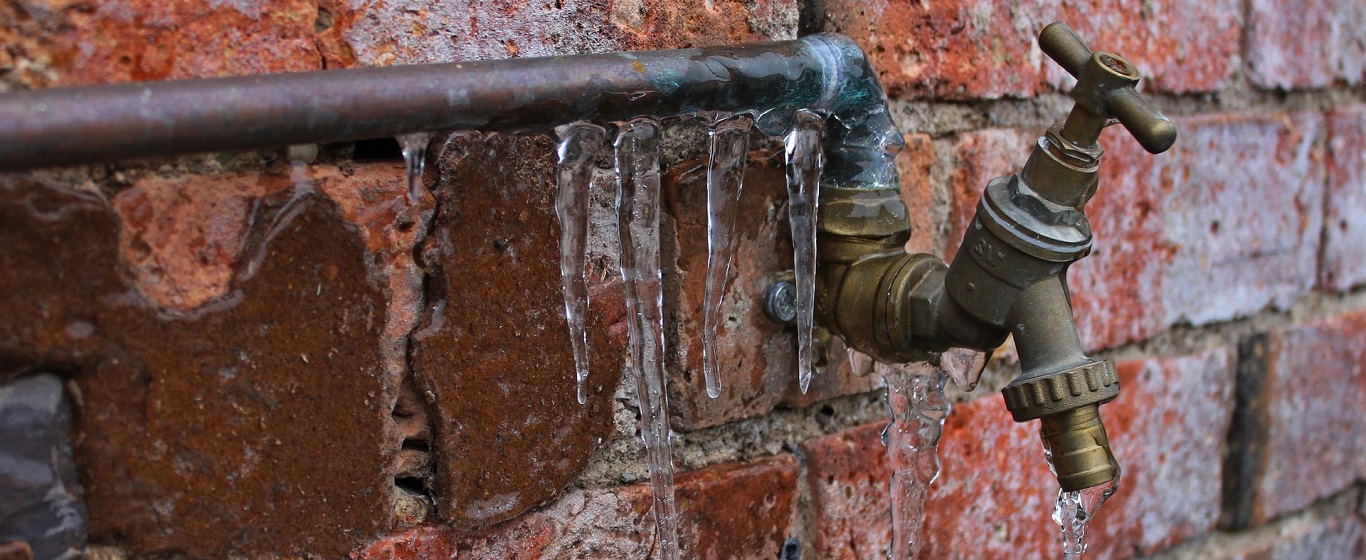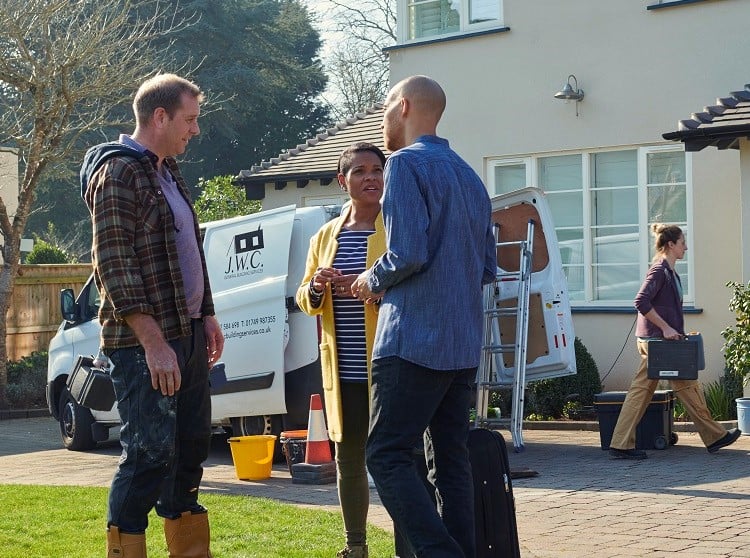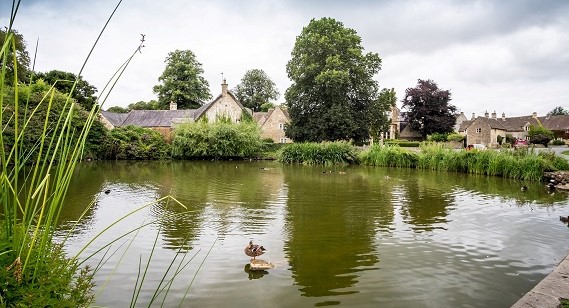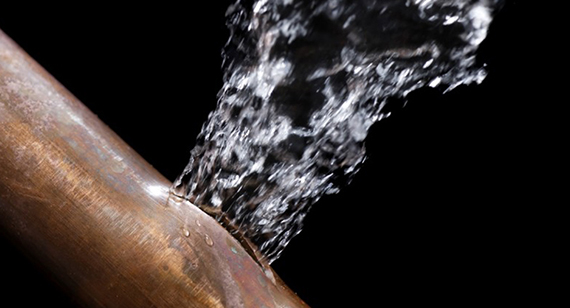Home and Property
How to prevent your water pipes from freezing

Protecting your home from frozen pipes
Your home might look winter-ready… but are your pipes? When water freezes in pipes, it can cause the pipes to burst. When the frozen water thaws out, that’s when water leaks happen, causing disruption and costly damage.
No wonder water damage is one of the most common types of home insurance claim, with the average customer claim exceeding £15,000*.
We’re here to help, with advice on how a few simple checks and maintenance now can save disruption and unexpected costs in the future…
Watch our video below for advice on how you can protect your home from frozen pipes.
For additonal information on protecting your home from water leaks, read our article Tips to Deal with Water Leaks.
*Claim information based on average settled claim cost July 2024 to June 2025 for NFU Mutual home insurance customers, excluding claims not pursued.
Avoid burst pipes causing serious damage to your home
The cost of replacing possessions and repairing water damage to your home can be expensive. Fortunately, there are some simple steps you can take which will help prevent your pipes from freezing and bursting, and stop you having to call out an emergency plumber.
1. Have regular check-ups
- An annual service of your heating system by a professional before winter can prevent breakdowns during cold spells and will ensure your boiler is running effectively. You can also use this time to check your thermostat is working properly and ask your service engineer about the benefits of adding antifreeze to your system.
- Get any damp patches in your home checked by a surveyor as they could be a sign of a gradual leak within the wall.
- Simple things you can do yourself include regularly checking radiator valves, overflows on toilets and looking for leaks on water or central heating tanks. Consider fitting a leak detection device to alert you to leaks at an early stage.
2. Locate your stopcock
Make sure you know where your stopcock is – it’s usually found in the kitchen, under the sink or wherever the water supply enters your home. And check it works – some can be stiff, rusted or painted over.
3. Drain your system
If you’re planning on leaving your property unoccupied during winter, turn off the stopcock and drain the plumbing of both hot and cold water systems as your insurance policy may not cover you in the event of a leak while you are away.
4. Get those pipes lagged
- Most houses have pipes and water tanks in the loft and these are particularly susceptible to freezing. Pipe lagging (an insulating foam sleeve) should be at least 5cm diameter and even thicker if your loft floor is well insulated, as this prevents heat from your home rising into the loft and warming the pipes. Remember that thinner pipes will require thicker insulation.
- It’s important you don’t insulate the underneath of your tank. Warm air from the room below helps to keep the tank heated, so insulate only the sides and the top to prevent that heat from escaping.
5. Keep the heat flowing
- If you leave your home unoccupied for a short while, leave your heating on its usual setting (or just a few degrees lower) while you are away. It’s also advisable to leave your loft door open in your absence, as this allows heat to circulate around your tank and pipes.
6. Check your plumbing
- Damage to pipes happens if the water in them freezes but the escape of water only happens when the frozen pipes thaw out. Checking your pipes for signs of freezing or bursts such as leaking or dripping joints, will help you to deal with potential problems before the water escapes.
- Repair any dripping taps before icy temperatures set in to prevent them freezing and becoming blocked.
7. If your pipes do freeze
- Turn off your outdoor water mains and inside stopcocks (or similar). You can then proceed to thaw the pipes yourself, or call on the expertise of a plumber.
- To thaw the pipes yourself, use gentle heat from a hairdryer or hot-water bottle and work your way from tap to tank. Open the tap nearest the frozen section of pipe to see when the ice has melted.
- You’ll need to prepare for any water that may leak from burst pipes, primarily by covering any electrics that are nearby.
- If a pipe has burst, keep the water off and drain the system. Call your insurer or home emergency provider who can advise you on your policy limits and the process for arranging a plumber.

Home Emergency Cover
Our Home Emergency Cover offers added protection against unexpected home emergencies like burst pipes, blocked drains and boiler breakdowns and is available to all NFU Mutual home insurance customers. Administered by ARAG plc.
Home Emergency Cover is included as standard with NFU Mutual Bespoke Insurance


